Communities unite for marine conservation
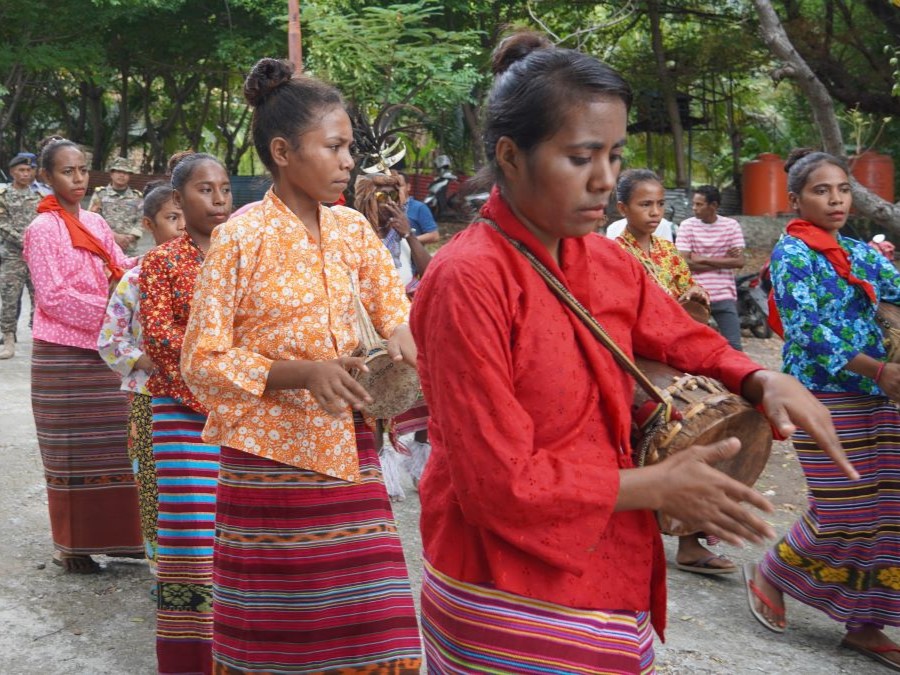
Ceremonial music and dance mark the Tara Bandu launch. Credit - BlueVentures.
Coastal communities are propagating ocean protection along Timor-Leste’s coastline
Drums were booming in rhythm, their beats rolling to the breeze. Over the crowd, down the shore, out to sea. Was the reef listening? Could fish sense the people’s gratitude as these waters were declared a safe haven? People were rippling back and forth in a concertina of traditional dance, their movement a reflection of waves lapping on the beach. A tall post sat in the ground opposite, supporting a sign which read in bold print, “The Marine Tara Bandu Area from Sahui Wari to Ai-Lohre. Total area: 1.24 km2.”
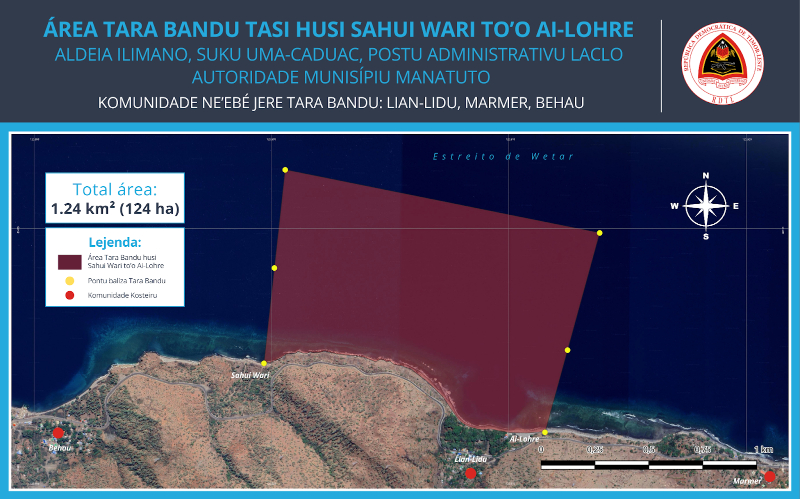
It was Friday, 7th June 2024, the day of the official launch of a Locally Managed Marine Area (LMMA) in Ilimano, Timor-Leste. Ceremonial song, dance and speeches of thanks marked the formalisation of the Tara Bandu, a traditional Timorese law declaring these communities’ commitment to safeguard their natural resources. Concerned by declining stocks and depleting biodiversity that underpins livelihoods and food security, the three coastal communities from Ilimano had gathered to designate and collectively manage a section of ocean extending 1 km out along the coast. Invoking blessings from the ancestors to prevent poaching, the customary code solidified the area’s closure to all fishing activities for the next five years to allow the fishery to recover and the ecosystem to rebound.
Beyond, a series of buoys that marked the reserve boundaries were bobbing colourfully in the distance. The turnout was impressive; fishers, gleaners, the Secretary of State for Fisheries, and the Directorate General for Fisheries, Aquaculture and Marine Resources had all come to witness this marine milestone. Local authorities and representatives from neighbouring villages had travelled to watch too, intrigued. Over years of occupation, many of Timor-Leste’s traditional systems had been lost or outlawed. Now, with returned independence, people were reviving legislation and transporting it to the community level.
A man with a wizened face stood amongst the crowd. This was Caetano Cailetoc, the Tara Bandu coordinator, originally from a village further down the coast named Behedan. Fellow members of his community and fishers from Ataúro island were also here, seeing the inauguration unfold first hand. Excitement was bubbling. One visitor chimed that they too will set up a Tara Bandu. Spurred on to join a growing global movement of communities initiating their own fisheries management measures, Behedan (on the mainland) and Iliknamu (Ataúro island), have decided to implement this model for conservation in their own villages this year.
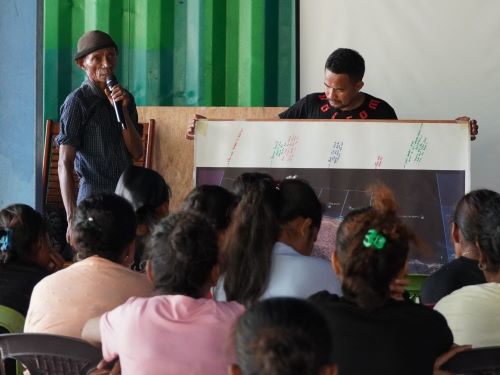
Blue Ventures (BV), a leading marine conservation organisation working to support coastal communities to rebuild tropical fisheries, is facilitating engagement to ensure local voices are heard as Behedan and Iliknamu progress their fisheries management practices. A community consultation process began in August 2023, with discussions between community members, leaders and BV staff held in informal settings to promote openness for people to voice their concerns and ask questions. In the months that followed, the communities voted to establish their own Tara Bandu and build governing LMMA committees. Steps were taken to map and identify Tara Bandu zones and draft the agreement. BV believes that community participation in this process is vital for success.
Part of a broader project to improve fisher livelihoods and protect marine biodiversity in Timor-Leste, the work includes the formation of savings and loans groups and community-based fisheries monitoring groups. In Ilimano, the community has already created a savings group composed entirely of women, whose membership grants access to low-interest loans and puts women at the helm of poverty alleviation. Such groups support fishing-dependent households to manage income fluctuations and maintain a financial safety net in times when fishnets are set aside.
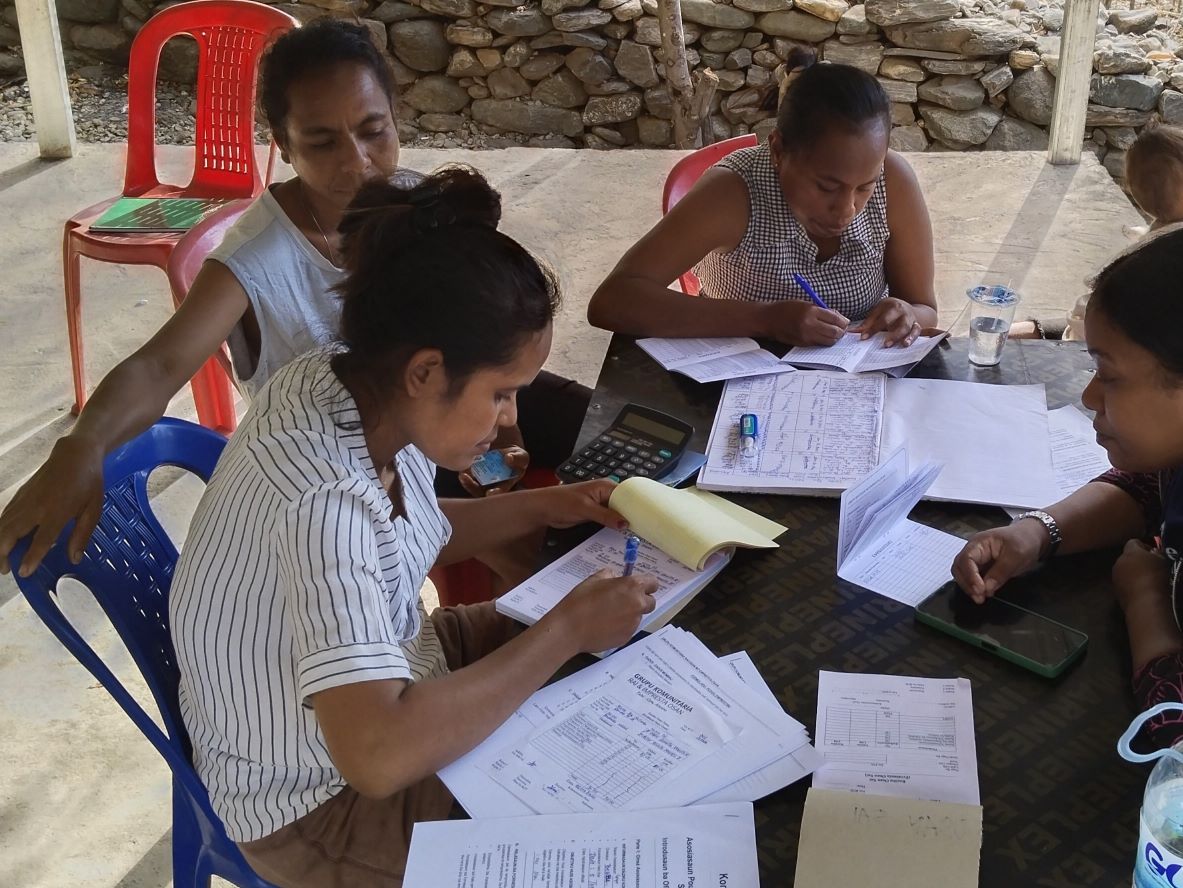
As the Tara Bandu launch continued, the throng of sound was shifting from music to an ardent applause for the efforts of an all-female fisheries monitoring group: collecting ecological and fisheries data is also integrated as part of the community consultation process and, in March 2024, monitoring groups were formed in Ilimano and Iliknamu. Members trained in the use of digital data collection tools use BV’s automated pipeline to stream real-time analysed data back to communities to guide decision-making and inform fisheries management. Systems that put data in the hands of the people who rely on fisheries the most empower communities to take ownership in managing their own coastal resources.
The celebrations coming to a close, the day had been an exhibit of the power of bringing communities together and harnessing shared knowledge. The project and communities continue to build on these achievements - already, new Tara Bandu regulations are being written up. Two further neighbouring communities are interested in exploring the establishment of LMMAs, and as Behedan and Iliknamu arrange to initiate their own restrictions this year, there is promise that community-based ocean protection will continue to propagate along the coast.
Written by Elizabeth Nevin. For more information on this Darwin Initiative Main project 30-027, led by Blue Ventures, please click here.
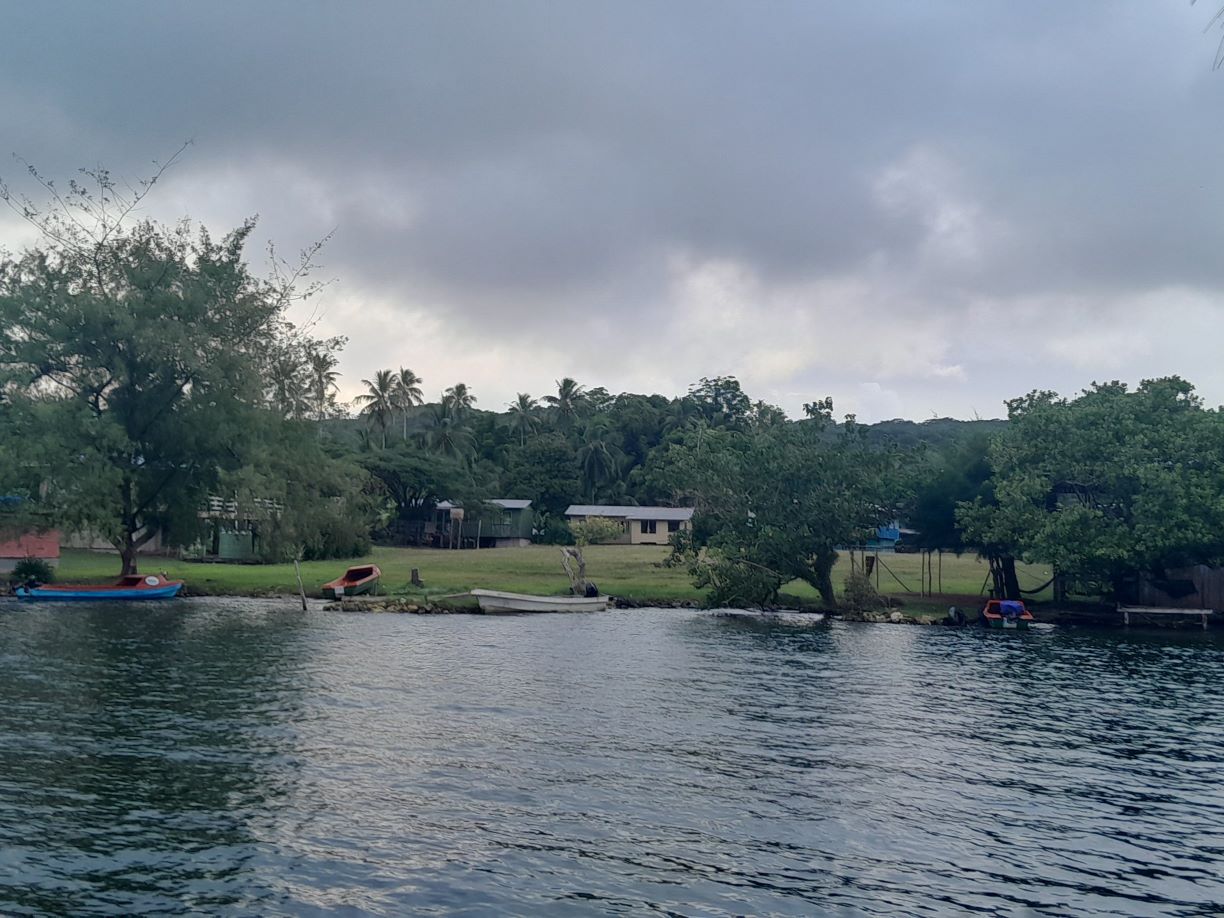
 Back
Back